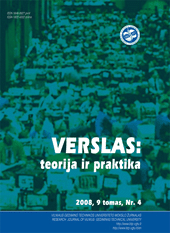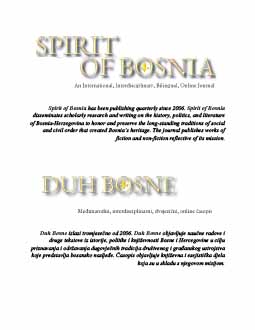Development of an Evaluation Tool for Participative E-Government Services: A Case Study of Electronic Participatory Budgeting Projects in Germany
In recent years, web 2.0 increasingly gained importance in terms of e- government. In this context, e-participation received more and more attention. However, there are only few examinations providing a structured overview on web 2.0 implementation possibilities in participative e-government. This contribution examines these implementation possibilities using electronic Participative Budgeting projects. The web 2.0 characteristics “interaction orientation”, “personalization”,” social networking”, and “user added value” serve as evaluation criterions. The examination shows that web 2.o implementation in German projects is still at a very low maturity level. In parts, communities have significant implementation significances concerning provided features and integration of citizens. Using the most advanced approaches we illustrate how the targeted use of web 2.0 tools can influence the Participative Budgeting success.
More...



